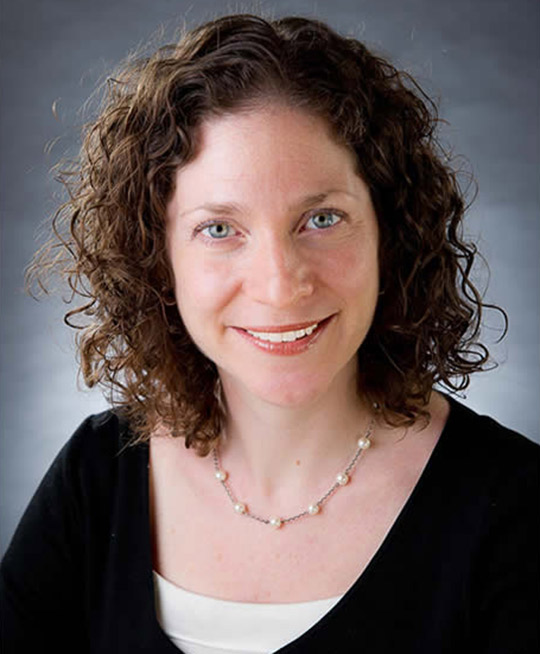NPR’s Planet Money interviewed Kimberly Noble, Associate Professor of Neuroscience & Education, and her co-researcher about “a fascinating and super ambitious new experiment just launched after six years of careful design,” says interviewer Cardiff Garcia. The correlation between poverty and poor development has long been established. The new study, called Baby’s First Years, will attempt to discover “a causal impact of income on children's development and brain development,” says Noble's co-researcher, Lisa Gennetian at New York University.

Kimberly Noble, Associate Professor of Neuroscience & Education
Noble and Gennetian will recruit about 1,000 new mothers with incomes at or below the federal poverty level in cities across the country. Half of the subjects will be randomly chosen to receive cash payments of more than $300 per month, to spend on whatever they choose. The other subjects will be given $20 per month. Both sets of mothers and babies will be interviewed and tested periodically, in an effort to discover the effect of the subsidies on brain development in very young children. At age three, the children will be brought into TC’s Neurocognition, Early Experience & Development (NEED) Lab, and their brains tested for different developmental markers, such as vocabulary and self-restraint.
If Noble and Gennetian are correct, babies whose mothers receive $300 should end up performing better on cognitive tests than the kids whose moms get just $20, says Garcia. “If so, it’s very likely that higher income caused the development, because the mothers will be chosen at random to receive it.”
To look for broader effects of income subsidies, the study will also note and compare how the mothers spend the extra money. For example, does the mother spend it on child care which, in turn, enables her to go back to work or school, creating a long-term boost in income, or does she use it to enable her to quit work and spend more time with her baby – and what are the developmental effects of each decision? Do higher subsidies reduce stress in the mother or baby?
It’s not enough to look at spending on early education and child care, says interviewer Stacey Vanek Smith. “That doesn’t go far enough.” This study will attempt to answer broader questions about “what’s going on economically with this family.”
To read an article about the study in the Economist, click here.
To listen to the interview, press play button below.